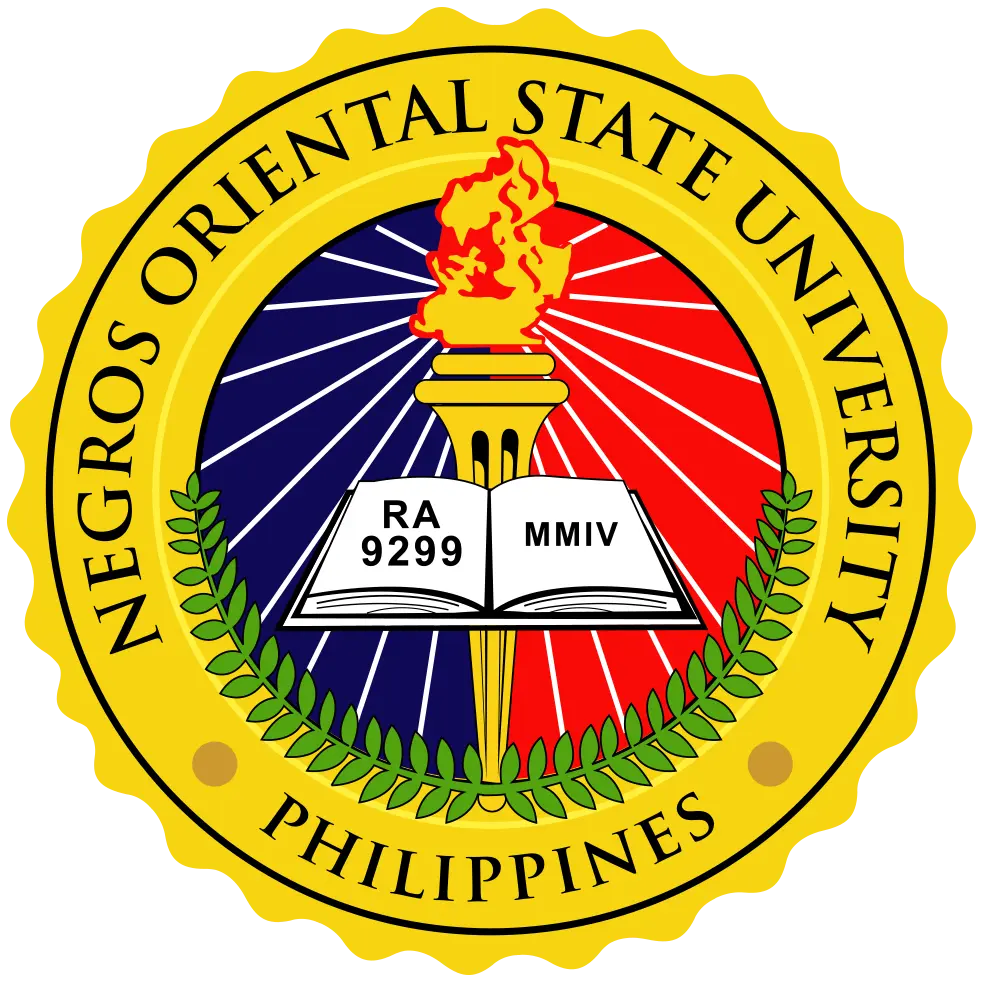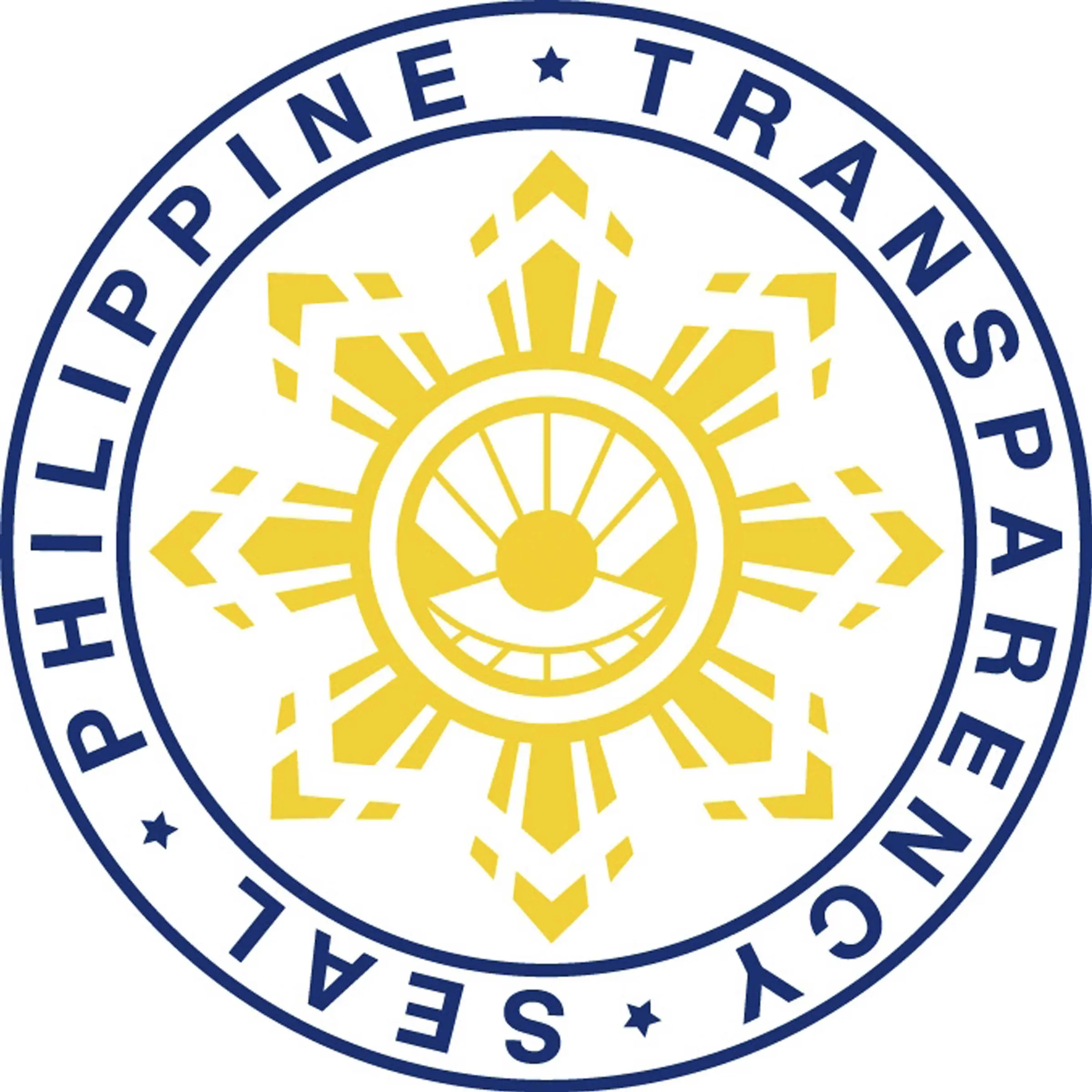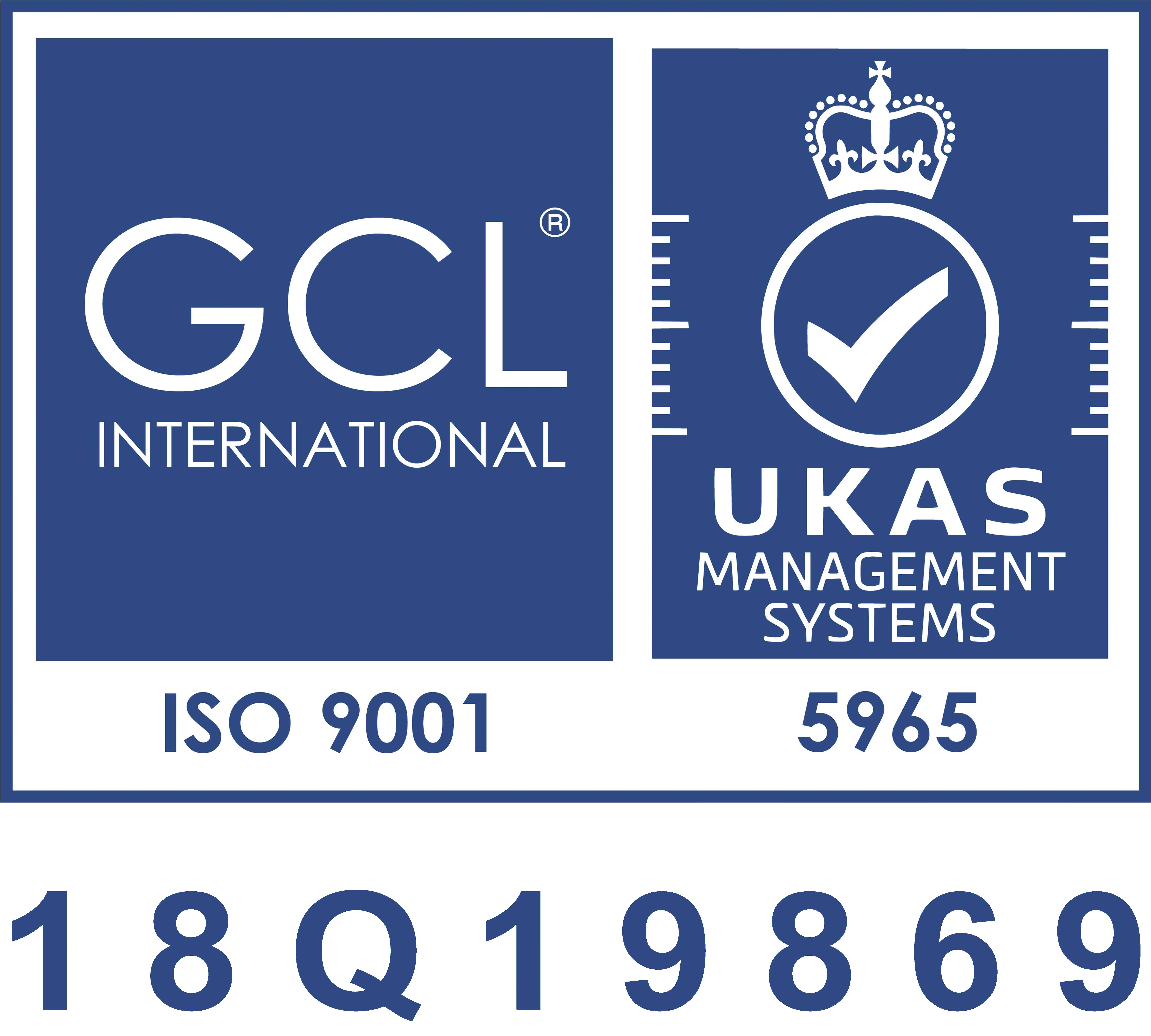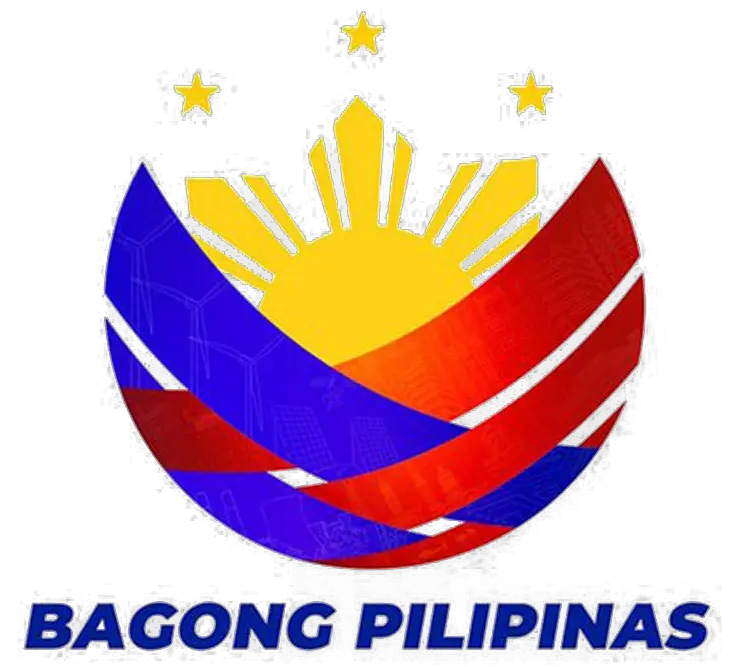Experts from the World Intellectual Property Organization (WIPO) affirmed the role of academia in producing research-based technologies for public use.
"You need to have resources. That is to have people with the mindset to look for technologies or solutions to social or industry problems, people who can bring new ideas and support to make them realities," said Dr. Richard Cahoon of WIPO and former officer of Cornell University Center for Technology, Enterprise, and Commercialization in a forum held in the university last June 22.
Cahoon and Dr. David Simmons of WIPO were in town to grace the NORSU Research Extension and International Linkages (REXIL) Celebration. Speaking before nearly 100 NORSU faculty, students, and representatives of its local partner research institutions, Cahoon shared about the intellectual property licensing and technology transfer history of Cornell University, an Ivy League school in the United States. According to Cahoon, Cornell, which had produced 3,000 inventions in the span of 20 years, started its intellectual property (IP)-based technology transfer and commercialization undertaking without an office.
Cahoon related that in 1930, Cornell began with passive patent management and licensing. Eventually, it engaged into active technology marketing which facilitated the rapid rise of technology inventions, patents, and licences prompting the university to invest in its technology transfer office (TTO). Employing an initial six staff in 1990, its TTO’s number of staff rose to over 30 in 2012, consisting of university graduate interns and fellows, who underwent a rigorous and competitive application process.
He added that Cornell’s IP and technology transfer operation has been guided by the principles of academic freedom; education and research; technology, and financial return are in order of importance; inventiveness, technology development and dissemination; technology serving the public good; technology transfer as a mandate; technology creators deserving a fair share of return; university maintaining some IP control, and sovereignty.
“Cornell’s modest beginnings and success formula in terms of research-based production of technologies are something that the Philippine universities, such as NORSU, can learn from,†said Dr. Merivic Catada, the NORSU vice president for REXIL.
NORSU runs an Innovation and Technology Support Office, which is responsible for facilitating the promotion, review, and licensing of patentable technologies derived from interdisciplinary and collaborative researches conducted by the university faculty.








